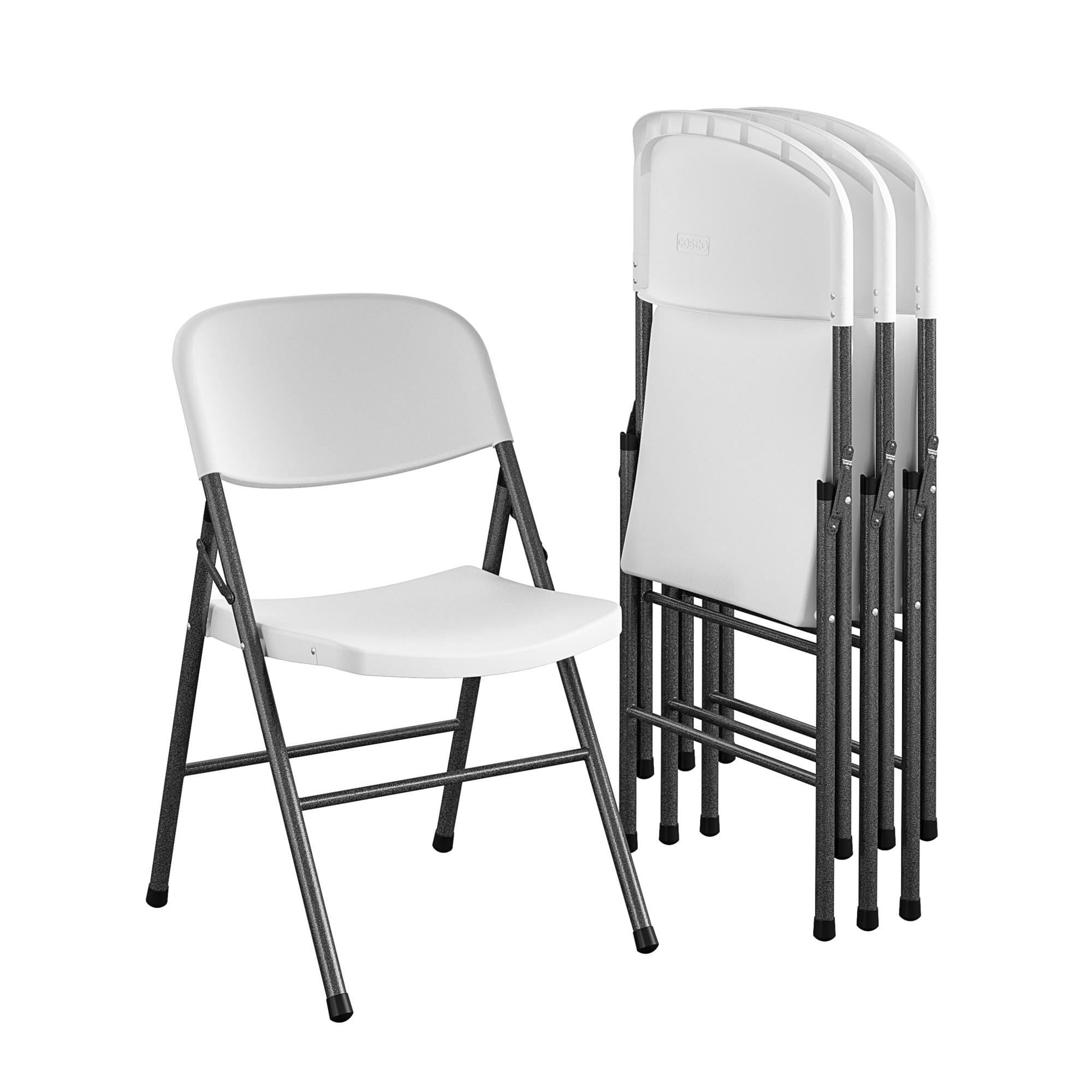Introduction: A Seat That Folds
Folding chairs are a ubiquitous sight in various settings, from outdoor events and gatherings to indoor venues and spaces. Despite their common presence, the history, design, and cultural significance of folding chairs remain a mystery to many. In this exploration, we delve into the fascinating world of folding chairs, uncovering their origins, evolution, and enduring appeal.
Origins and Early Development
The concept of a portable, collapsible chair dates back thousands of years, with evidence of early prototypes found in ancient civilizations such as Egypt, Greece, and Rome. These early iterations typically featured simple designs made from wood or metal, allowing them to be folded for easy transport and storage. However, it wasn’t until the 19th century that folding chairs began to gain widespread popularity, thanks to advancements in manufacturing and design.
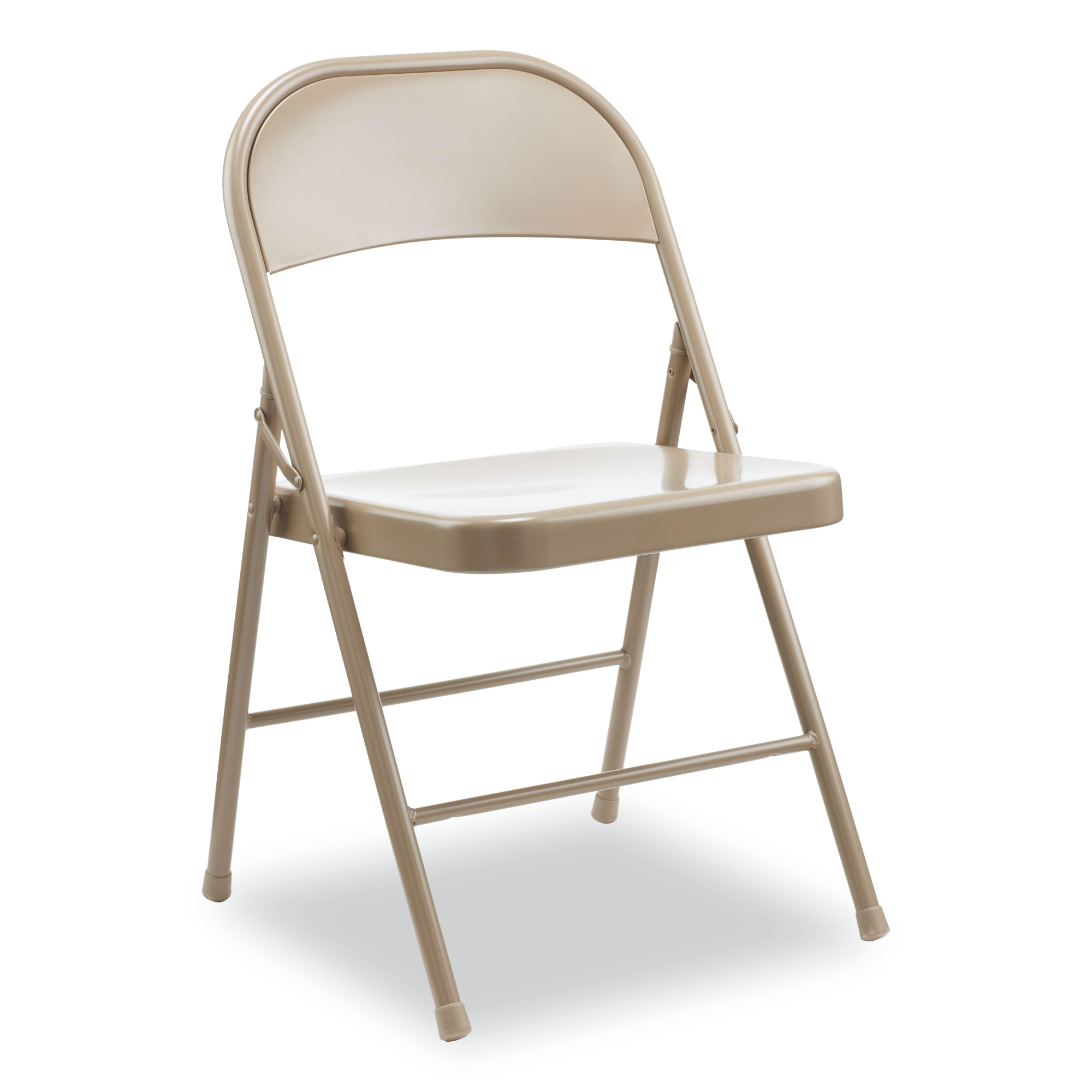
Innovations in Design and Materials
As demand for portable seating grew, innovators began experimenting with new materials and construction techniques to improve the functionality and comfort of folding chairs. One notable development was the introduction of lightweight yet durable materials such as aluminum and plastic, which revolutionized the design of folding chairs and made them more accessible to a wider audience. Additionally, advancements in engineering and ergonomics led to the creation of folding chairs with enhanced stability, support, and comfort, further cementing their status as a versatile seating solution.
Versatility and Practicality
One of the key attractions of folding chairs is their versatility and practicality in various environments. Whether used for outdoor picnics, indoor events, or temporary seating solutions, folding chairs offer a convenient and space-saving alternative to traditional fixed seating arrangements. Their ability to be easily folded and stored makes them ideal for venues with limited space or changing seating requirements, allowing organizers to adapt quickly to different needs and configurations.
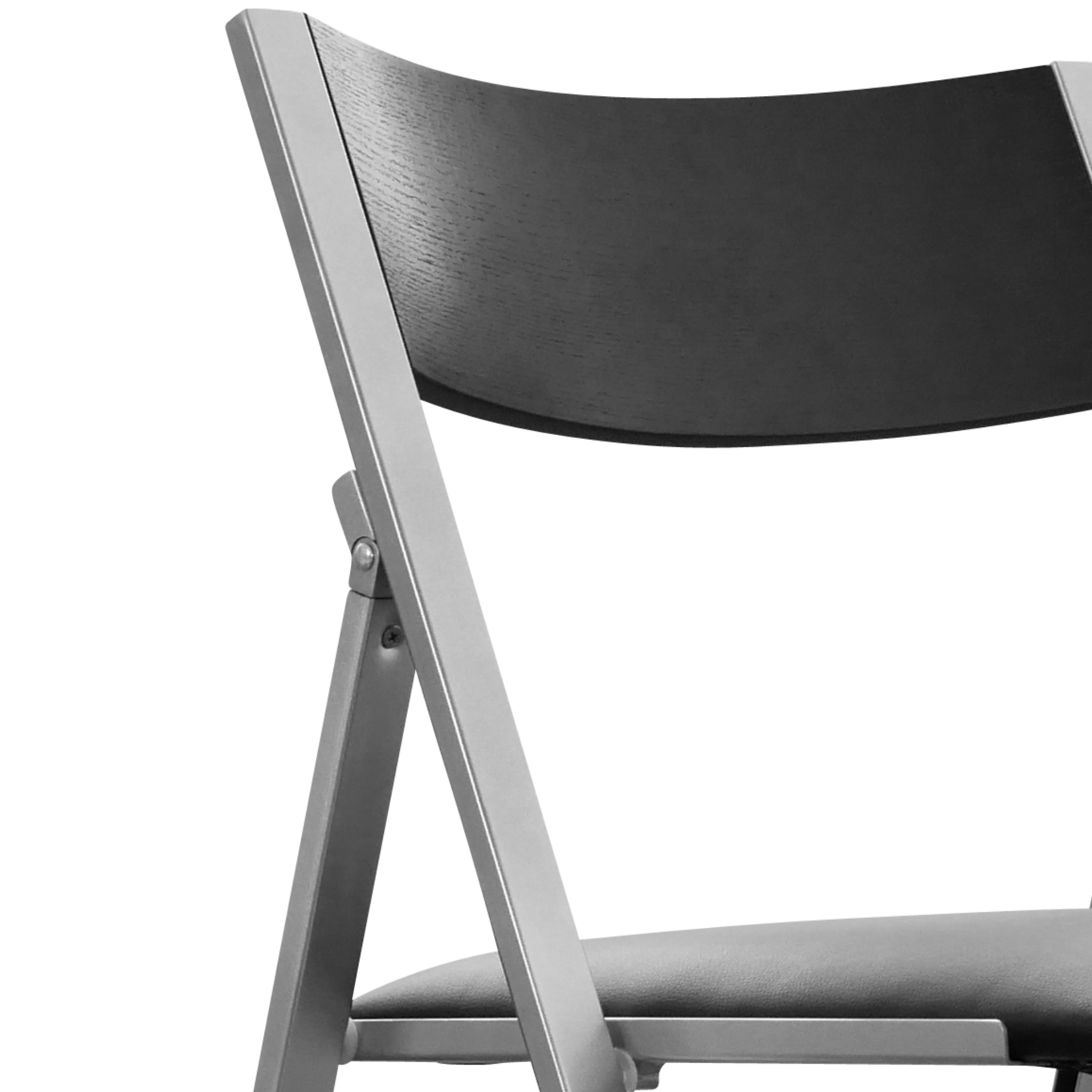
Symbolism and Cultural Significance
Beyond their functional utility, folding chair also hold symbolic and cultural significance in various contexts. In certain cultures, folding chairs are associated with hospitality and social gatherings, symbolizing warmth, inclusivity, and conviviality. They are often used to welcome guests into homes or communal spaces, serving as a tangible expression of hospitality and friendship. Additionally, folding chairs feature prominently in religious ceremonies, cultural events, and ceremonial occasions, where they play a role in rituals, traditions, and customs that have been passed down through generations.
Iconic Designs and Iconography
Over the years, folding chair have inspired iconic designs that have become synonymous with style, elegance, and innovation. From the sleek lines of mid-century modern classics to the functional minimalism of contemporary designs, folding chairs come in a myriad of styles, shapes, and finishes to suit different tastes and preferences. Some iconic designs have even achieved cult status, earning a place in design museums and galleries as enduring examples of form meeting function.
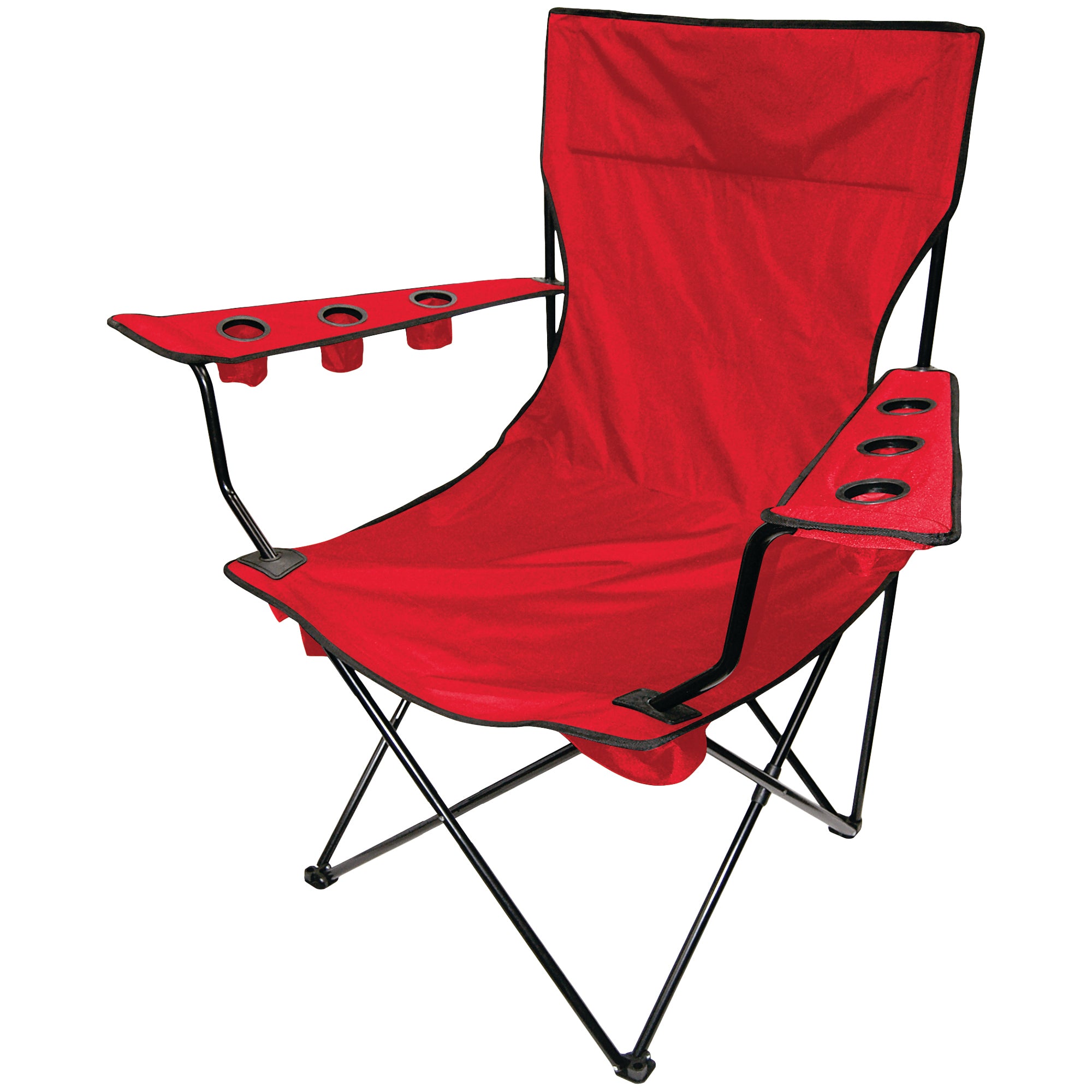
Environmental Considerations and Sustainability
In recent years, there has been growing awareness of the environmental impact of consumer products, including furniture such as folding chairs. Manufacturers and designers are increasingly incorporating sustainable materials and production methods into their designs to reduce carbon footprints and minimize waste. Additionally, there is a trend towards extending the lifespan of folding chairs through repair, refurbishment, and repurposing, rather than discarding them after minimal use. By adopting eco-friendly practices, consumers can enjoy the convenience of folding chair without compromising their commitment to environmental stewardship.
Future Trends and Innovations
Looking ahead, the future of folding chairs is filled with exciting possibilities as designers continue to push the boundaries of innovation and creativity. Emerging trends include the integration of smart technology into folding chair, such as adjustable settings, built-in charging ports, and ergonomic sensors that adapt to individual preferences. Additionally, there is growing interest in modular and customizable designs that allow users to personalize their seating experience according to their needs and preferences.
Looking Ahead: The Evolution Continues
As we reflect on the rich tapestry of history, culture, and innovation that defines folding chairs, one thing is clear: their journey is far from over. With each passing year, new technologies, materials, and design concepts emerge, reshaping the landscape of folding chair design and usage. Whether it’s the integration of sustainable materials, the incorporation of smart features, or the exploration of novel forms and functions, folding chair will continue to evolve in response to changing needs and aspirations. As guardians of this timeless tradition, it is up to us to embrace the spirit of innovation and imagination, ensuring that folding chairs remain an enduring symbol of comfort, convenience, and community for generations to come.
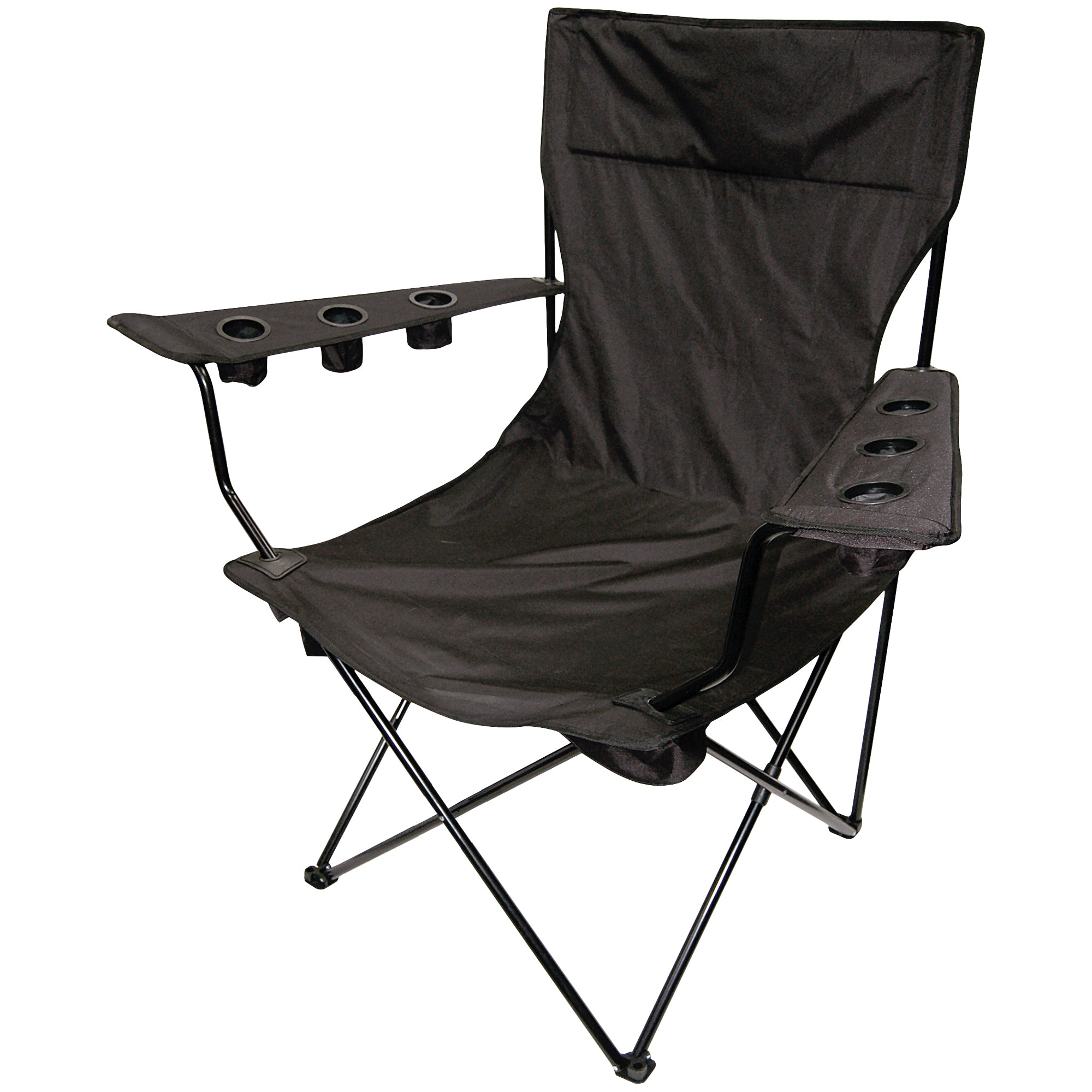
Adapting to Changing Lifestyles
As lifestyles and living spaces evolve, so too do the design and functionality of folding chairs. In an increasingly urbanized world where space is at a premium, folding chairs offer a practical solution for maximizing living areas without sacrificing comfort or style. From compact studio apartments to minimalist micro-homes, folding chair can be easily stowed away when not in use, freeing up valuable floor space for other activities and furnishings. Their adaptability makes them ideal for modern nomadic lifestyles, where individuals seek flexibility and mobility in their living arrangements.
Preserving Heritage and Tradition
Despite the relentless march of progress, folding chair remain firmly rooted in tradition and heritage, serving as tangible links to the past. In many cultures, folding chairs are passed down through generations as cherished heirlooms, imbued with memories and stories that connect families and communities across time and space. Whether it’s a vintage wooden chair that has weathered decades of use or a modern reinterpretation of a classic design, folding chair carry with them a sense of history and continuity that transcends fleeting trends and fashions.
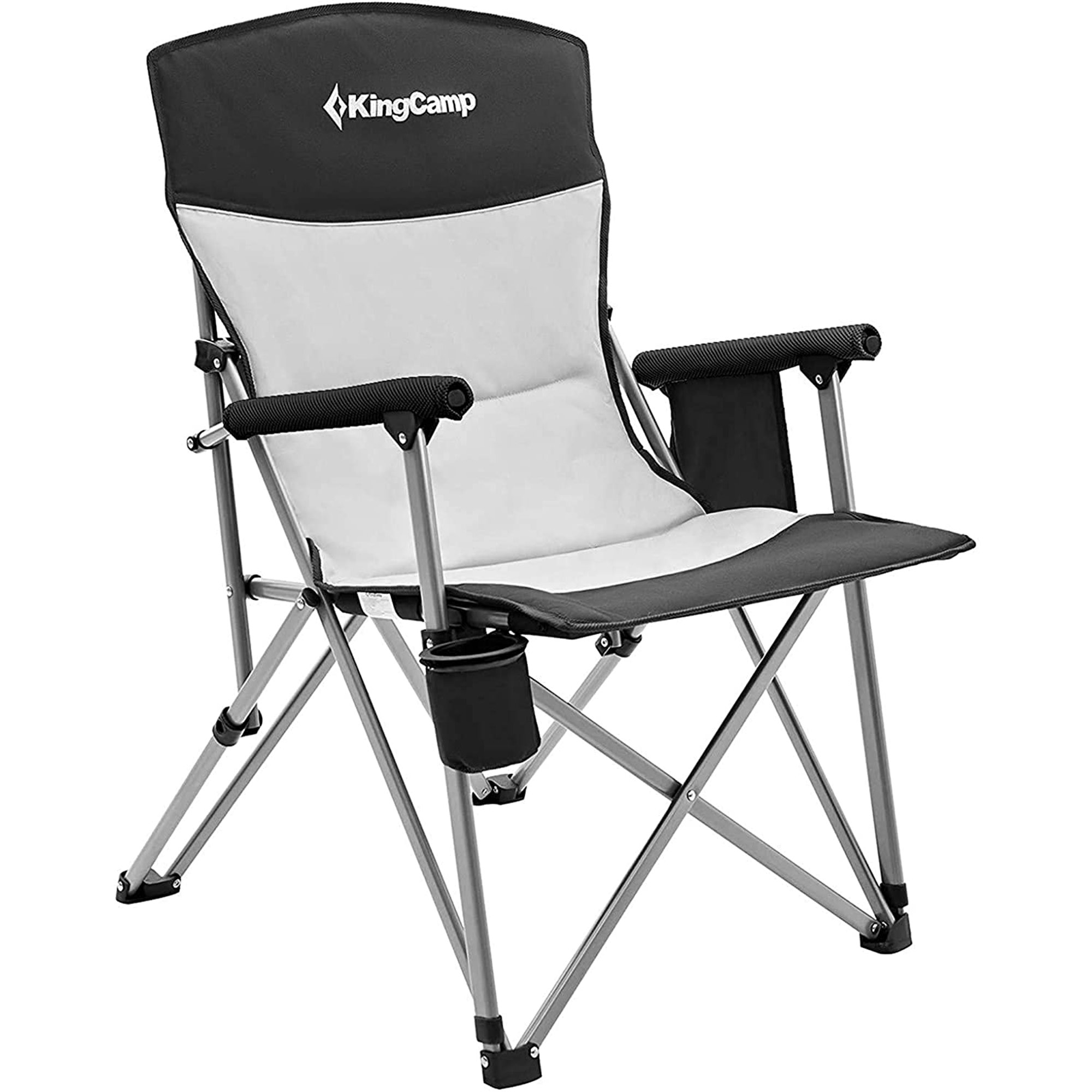
Conclusion: Folding Chairs Reimagined
In conclusion, folding chair have evolved from humble beginnings to become indispensable fixtures in our lives, offering comfort, convenience, and style in equal measure. From their ancient origins to their modern incarnations, folding chairs continue to captivate our imagination with their versatility, practicality, and cultural significance. As we look to the future, the evolution of folding chair promises to be an exciting journey of innovation, sustainability, and creative expression, ensuring that they remain an enduring symbol of comfort and convenience for generations to come.
